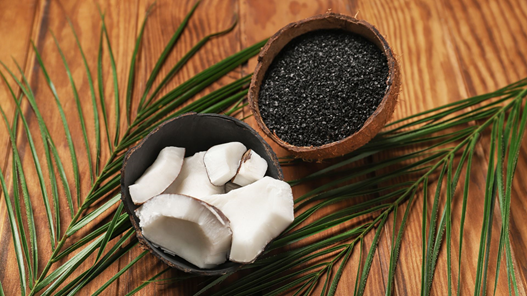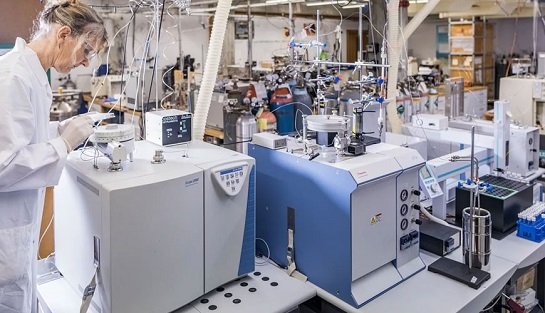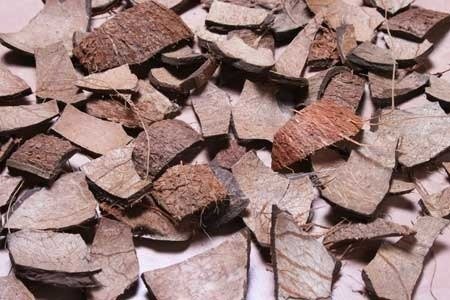Quality Assurance
Eco Carbon lab is equipped to analyze products in accordance with internationally recognized standards like American Society for Testing and Materials Standard Test Method (ASTM) and European Chemical Industry Council (CEFIC) Standard Test Method.
Qualified, competent and experienced QC personnel with adequate sampling and testing process in every stage of the process the products comply 100% to the customer requirement.
Online quality monitoring system, raw material inspection / testing, pre activation screen testing, feed material quality testing, periodic Kiln process parameters monitoring, Ex-Kiln testing, Pre final inspection, Packing inspection, Final AOQL inspection, Strong R&D facility to make pilot runs and evaluate product performances.



